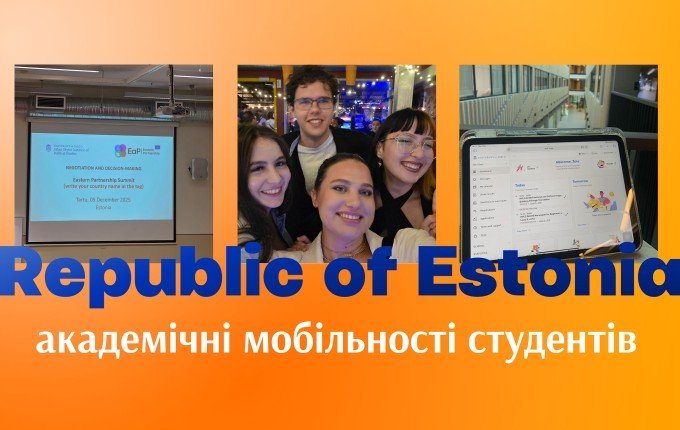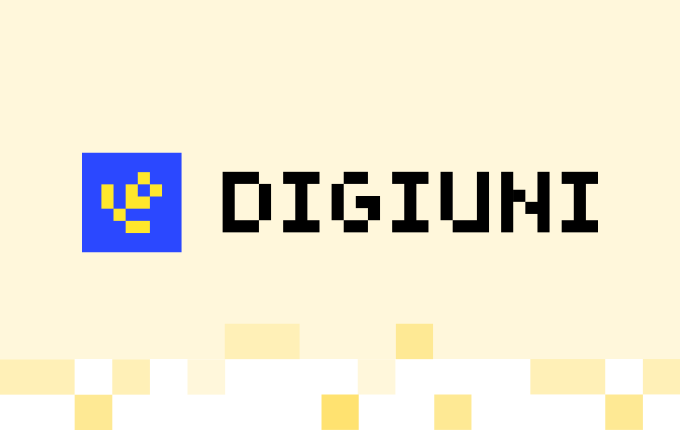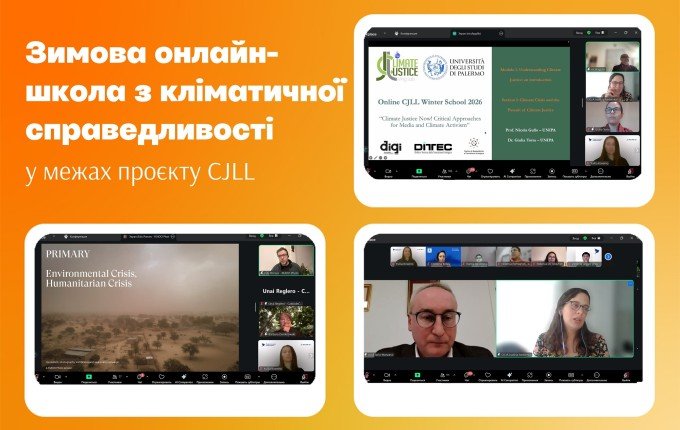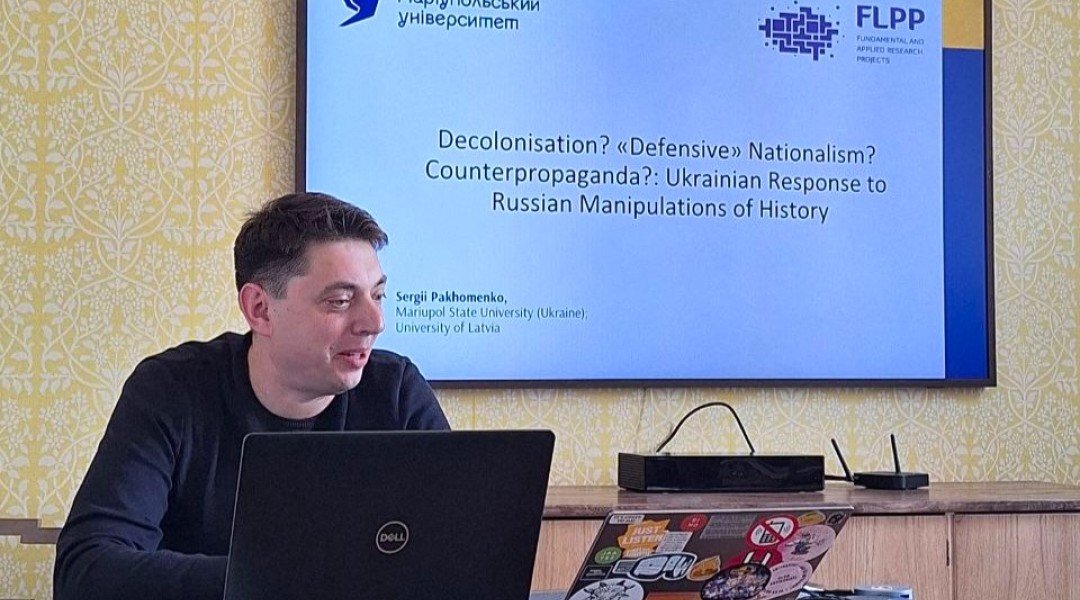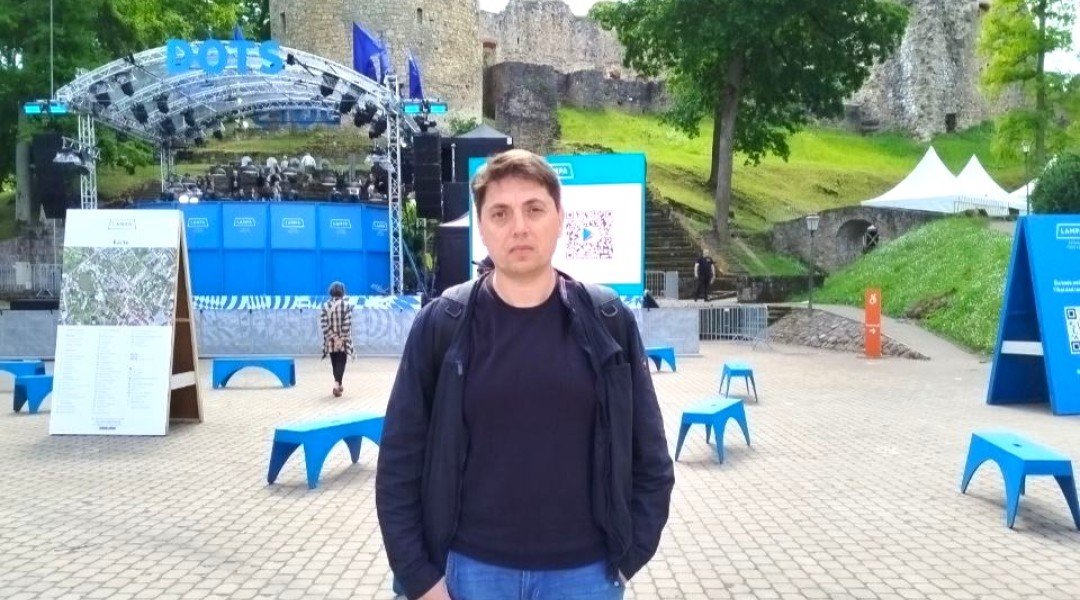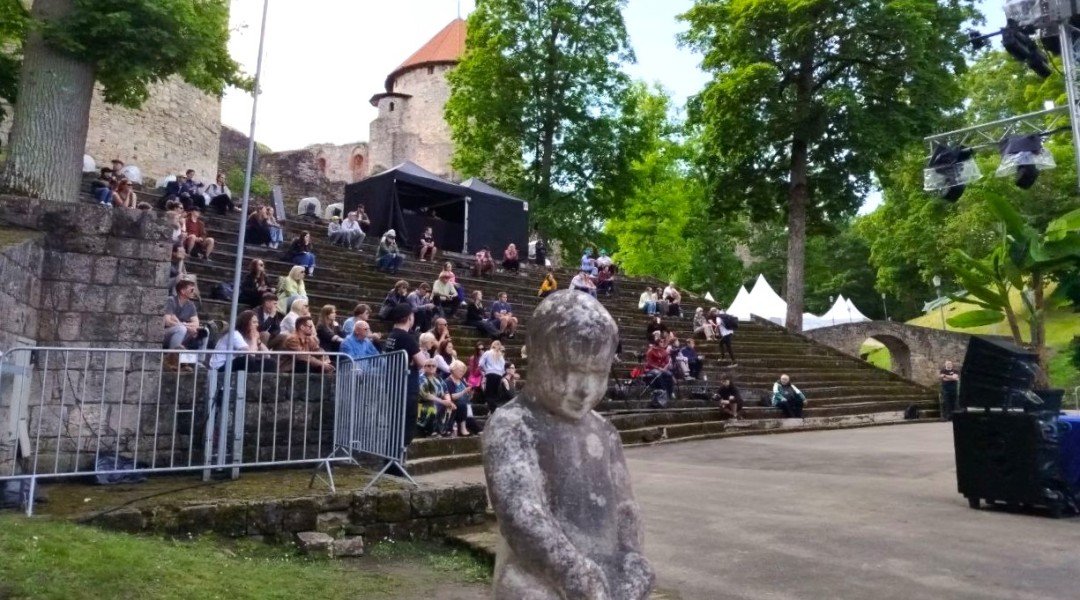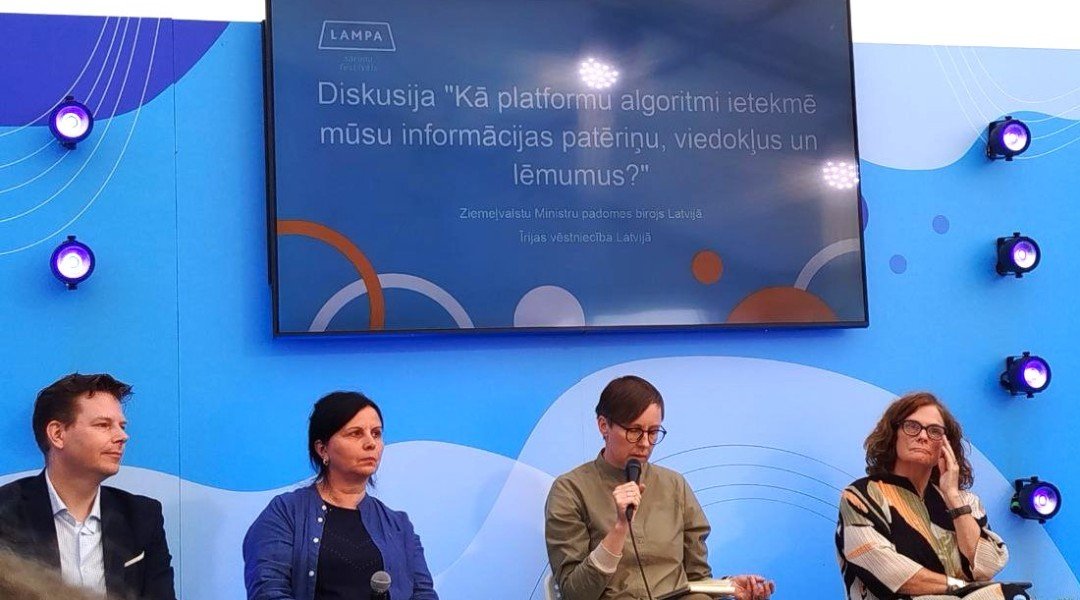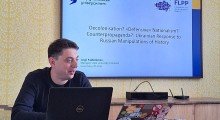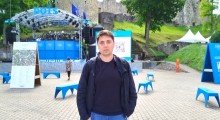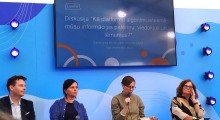Researcher’s Defense as Casting Call and Diplomacy: MSU Associate Professor Visits Events in Latvia and Finland
International work trips are a great opportunity to learn about the specifics of tertiary education in European universities and to present one's own academic achievements, especially when it’s closely tied to the current situation in home country. Such was the meaningful journey undertaken by Serhii Pakhomenko, Associate Professor of the Department of Political Science and International Relations at Mariupol State University.
In early June, the lecturer visited the University of Latvia in Riga. For a year, he had been delivering lectures to students of this capital university in an online format, with short-term opportunities to conduct classes in person. This visit allowed him not only to teach the course Information Wars and deliver the seminar on the history of Ukraine, but also to attend the defense of bachelor’s theses by students majoring in Journalism and Social Communications.
Unlike in Ukrainian universities, in Latvia a thesis defense resembles a kind of casting call, where employers can scout for potential hires, and graduates may find their first job.
The defense procedure and the requirements for bachelor's theses are generally the same as in Ukraine, but there are a few differences. First, a bachelor’s degree here lasts three years, not four. That means after the third year, if all tasks are successfully completed, students receive their bachelor’s diploma. Then comes a two-year master’s program. Second, among the defense committee members, there are always potential employers, typically not from academia, but practitioners who are on the lookout for future employees. It's a kind of casting call. At the defenses I attended, there were journalists and editors from leading Latvian media outlets, says Serhii Pakhomenko, MSU Associate Professor.
Serhii Pakhomenko’s next trip took him to Finland to participate in the conference “Memory, War, and Social Coherence: Bringing Together and Tearing Apart” organized by the University of Eastern Finland. The event brought together prominent scholars of historical memory from various countries. Keynote speakers included renowned Ukrainian historian Heorhii Kasianov and American cultural theorist Alexander Etkind, a professor at Central European University in Vienna.
MSU’s associate professor dedicated his presentation to the themes of decolonization, “defensive” nationalism, and counter-propaganda as Ukraine’s responses to Russian historical narratives.
When you present a controversial topic tied to current events to an international audience, you face a tough challenge — to maintain critical thinking and objectivity. There is much to critique in Ukraine’s decolonization and counter-propaganda efforts. At the same time, you don’t want to damage the country’s image. In other words, you have to be cautious and find a balance between academic objectivity and political context. You have to be not just a researcher, but also a diplomat because the specifics of wartime affect everything, says Serhii Pakhomenko, MSU Associate Professor.
Останні новини:
